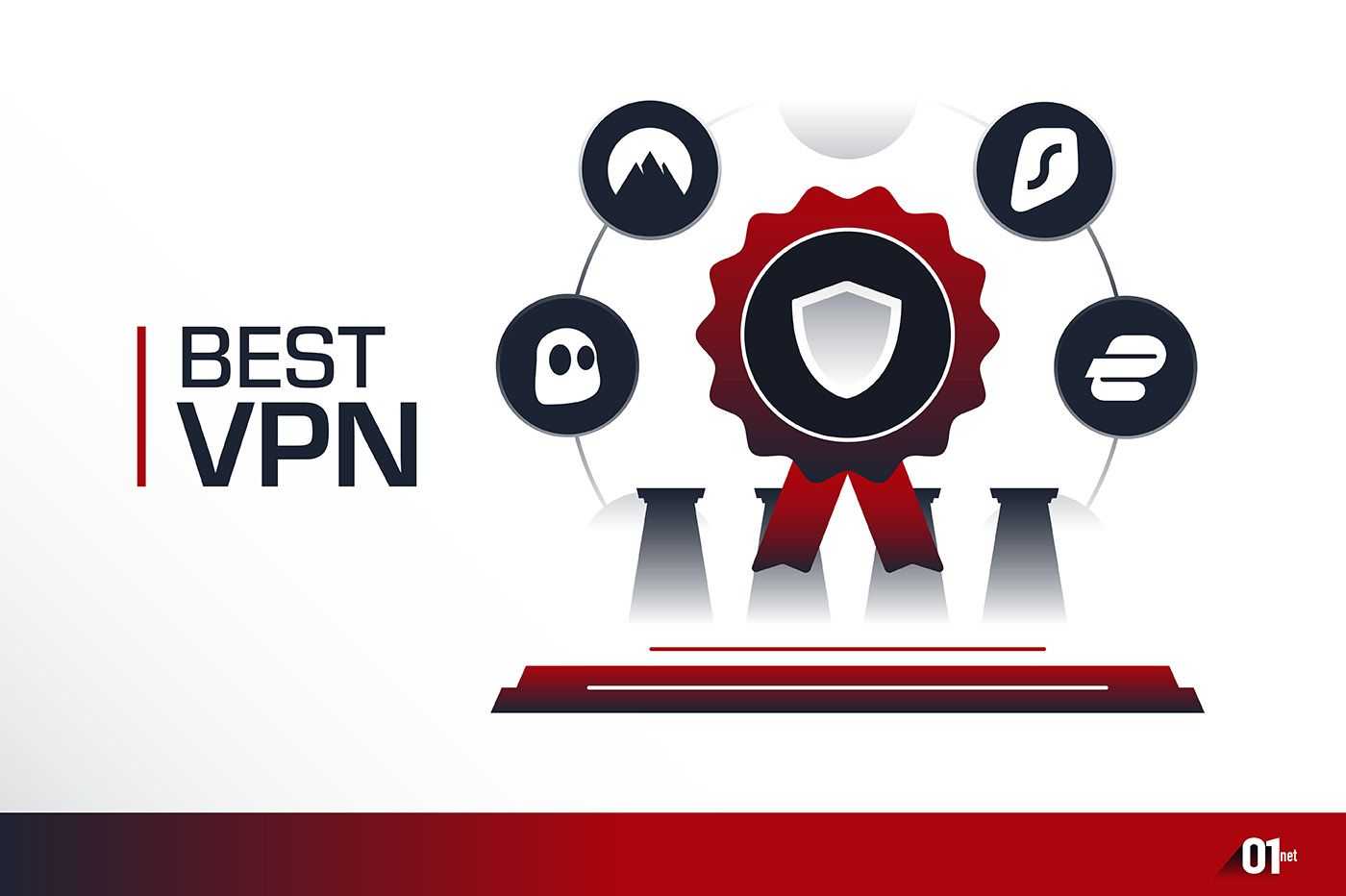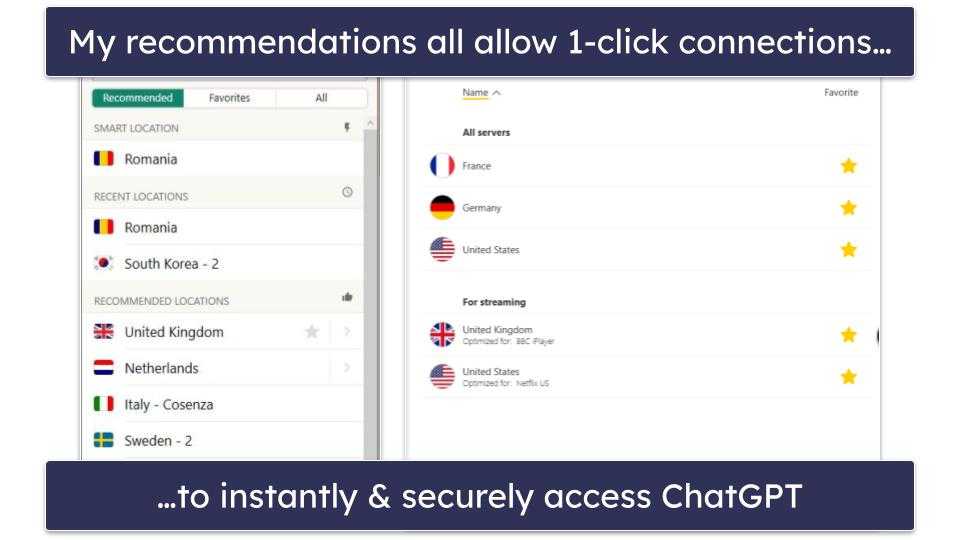Physical Address
Timertau, Pr. Respubliki 19, kv 10
Physical Address
Timertau, Pr. Respubliki 19, kv 10


The growing reliance on remote collaborations has reshaped the way organizations communicate internally. With enhanced cybersecurity threats and strict data privacy regulations, selecting the right virtual private networking solution has become a priority for many professionals. In 2025, optimizing communication channels securely is more than just a trend; it’s a necessity that ensures both efficiency and confidentiality.
As teams adapt to hybrid work environments, innovative technologies are making significant strides. Recent advancements in encryption protocols, such as WireGuard, provide faster speeds and lower latency compared to traditional options. Teams are seeking solutions that not only safeguard their data but also streamline workflows. Features like AES-256 encryption and multi-device compatibility have risen to the forefront of essential criteria when evaluating solutions for group interactions.
Among the market players, one contender stands out for its remarkable capabilities–ExpressVPN. Known for its robust security and user-friendly interface, it offers features tailored for smaller and larger teams alike. Alongside it, several alternatives offer unique advantages based on specific business needs. In the following sections, we’ll explore the top picks that promise to enhance team interactions while maintaining the highest security standards.
Another important aspect is the availability of multiple protocols, including the likes of WireGuard, which offers high-speed connections with significantly reduced latency. This makes it ideal for voice and video calls, where quality and stability are paramount. Consideration should also be given to the provider’s server network. A larger network with diverse geographic options allows teams to connect from various locations while maintaining optimal speeds.
Additionally, compatibility across various devices and operating systems enhances flexibility in team collaboration. A reliable application should operate seamlessly on Windows, macOS, iOS, and Android, ensuring that all team members can communicate effectively regardless of their device.
User-friendly settings and features, such as a kill switch, which halts internet traffic if the VPN connection drops, can prevent accidental data exposure. Furthermore, protocols that provide obfuscation help to disguise VPN traffic, making it more difficult for surveillance or network blockers to intervene.
The aspect of privacy should not be overlooked; a no-logs policy guarantees that no user data is recorded or shared, protecting user identity and activity. For instance, ExpressVPN is known for its strong commitment to privacy, making it a strong candidate in this arena.
Lastly, consider looking at top picks based on user reviews and independent benchmarks. Testing services like ProtonVPN can provide insights into performance and reliability. With these features in mind, teams can make informed decisions when selecting a VPN service that aligns with their collaboration needs.
The implementation of digital licensing is another trend transforming how companies manage their software access. This approach ties licenses directly to hardware, ensuring that unauthorized users cannot easily leverage purchased software, thus tightening security protocols across various platforms and devices.
In examining the capabilities of popular providers, particular attention is drawn to performance metrics and features vital for organizational needs. Here are a few notable options:
Surfshark showcases impressive results, achieving speeds of around 290 Mbps with over 3,200 servers globally. This extensive network contributes to robust connections, advantageous for businesses utilizing secure chat tools for internal collaboration. In comparison, IPVanish simplifies the setup process for routers, catering to organizations aiming for easy deployment across devices.
On the other hand, PureVPN demonstrates reliability through its ability to maintain clear VoIP calls, supporting applications like Skype. Testing in various regions reveals that it handles connection stability effectively, making it suitable for companies with remote teams. ProtonVPN, while not a direct contender, managed to reach speeds of 80 Mbps, although its limitations on streaming may not appeal to all business models.
Another standout, ExpressVPN, offers a balance of speed, with a strong focus on user experience. This provider ensures seamless access to a range of applications, positioning itself as a solid option for businesses looking to streamline their communications without sacrificing security.
Here’s a summary table outlining key comparisons:
| Service | Speed | Servers | Price | Feature | Limit |
|---|---|---|---|---|---|
| NordVPN | 300 Mbps | 6000+ | $3.99 | Onion Routing | No Linux GUI |
| Surfshark | 290 Mbps | 3200+ | $2.49 | IP Rotator | Less servers |
| IPVanish | 250 Mbps | 1600+ | $3.49 | Router Support | Limited options |
| PureVPN | 200 Mbps | 650+ | $2.99 | VoIP Optimization | Streaming limits |
| ExpressVPN | 300 Mbps | 3000+ | $8.32 | User-friendly interface | Higher cost |
Utilizing these insights allows businesses to make informed decisions for enhanced communication strategies, ensuring both performance and security in their operations.
Implementing a virtual private network can significantly enhance the safety and efficiency of your remote group interactions. Here’s a structured approach to establish a VPN that aligns with your needs.
Once the VPN is operational, incorporate secure chat tools within the setup to facilitate private conversations and file sharing among members. Tools like Signal or Telegram can work effectively with a VPN to protect communication channels.
When assessing various providers, consider the following:
Exploring offerings such as ExpressVPN allows for secure connections and efficient team interactions, keeping your organization’s communications safeguarded from vulnerabilities.
Setting up a VPN is a strategic step toward maintaining privacy and efficiency within your remote workforce. Following these guidelines ensures a smooth implementation process.
Furthermore, it’s essential to examine the logging policies of a service. An effective solution should implement a strict no-logs policy, ensuring that user activities are not recorded or monitored. This approach is particularly beneficial for maintaining privacy in a work environment, thus fostering trust among users utilizing secure chat tools.
In 2025, businesses are inclined to rely on advanced technologies like WireGuard for faster connections with enhanced security features. Such innovations support not only quick communication but also help meet compliance requirements by providing efficient data handling capabilities.
Organizations must also verify if the service operates within legal jurisdictions that are favorable for user privacy. The location can significantly impact the service’s obligations to law enforcement and governmental bodies regarding data retention. Opting for services that are based in privacy-friendly regions offers an additional layer of protection.
When assessing potential choices, consider features that promote user security, such as DNS leak protection and an automatic kill switch. These functionalities mitigate risks during connectivity drops, ensuring that sensitive information does not inadvertently leak during interruptions.
Notably, integrating a reliable provider like ExpressVPN can enhance communication strategies across teams, given its support for compliance standards. Additionally, it’s recommended to look into independent reviews and benchmarks to gauge performance in real-world scenarios, as testing data can vary significantly. For organizations operating in the USA, resources from authoritative bodies such as the Federal Trade Commission (FTC) provide valuable insights into compliance trends and best practices.

Another case highlights a remote marketing agency that utilized a popular connectivity service. The review noted that team members across multiple locations maintained secure connections while using various messaging platforms. With features like military-grade encryption, staff reported enhanced confidence during sensitive discussions, significantly reducing the chance of data breaches.
A finance team employed a leading solution to facilitate secure chat tools while collaborating on sensitive client projects. This approach not only ensured data privacy but also supported seamless communication between team members, fostering a collaborative environment. The integration of AES-256 encryption protocols provided an additional layer of security, protecting client information throughout the operational process.
Moreover, a consulting firm made the strategic decision to implement a well-regarded service that offered multi-device protection at an affordable rate. The result was a unified platform that allowed employees to connect from various endpoints without compromising on security. As a testament to this implementation, team productivity saw a noticeable increase due to enhanced reliability and accessibility.
Organizations seeking to understand the best practices in adopting these technologies should prioritize evaluating options based on their specific needs. Also, knowing how to choose a trusted license store for software tools can diminish the risks associated with unauthorized access and ensure a smoother running operation.
Ultimately, these case studies illustrate that carefully chosen connectivity solutions can dramatically elevate both security and operational efficiency across teams, confirming the growing importance of secure networking in collaborative environments.